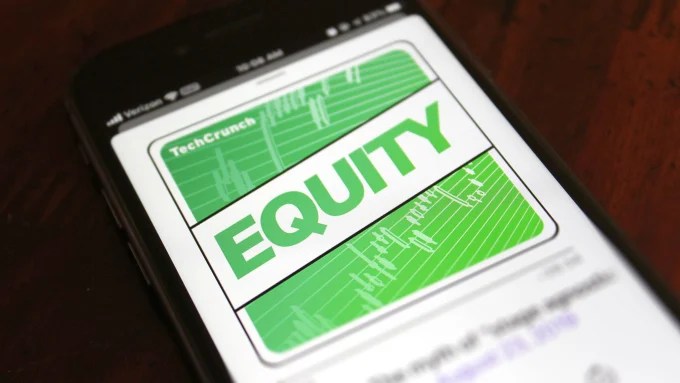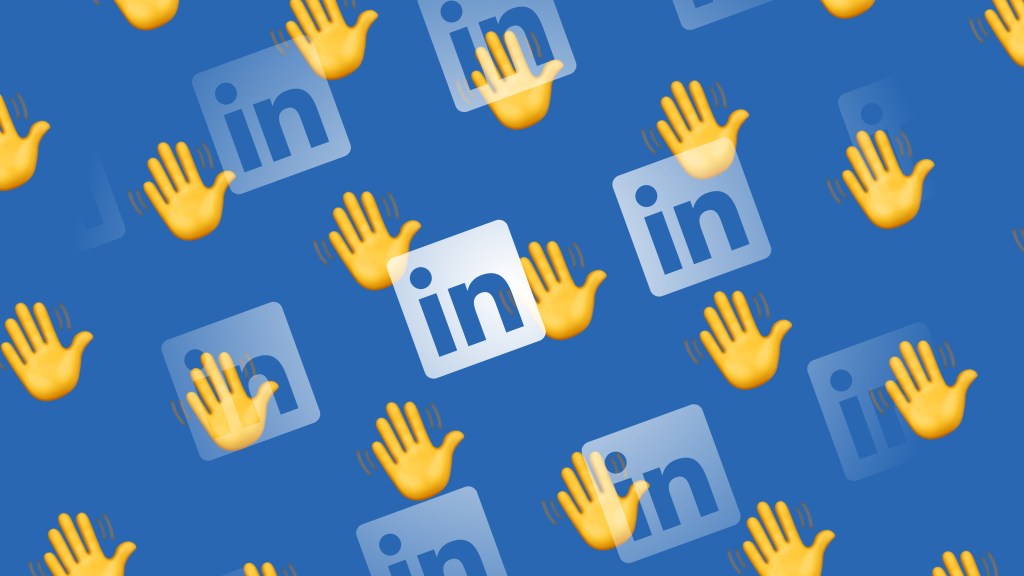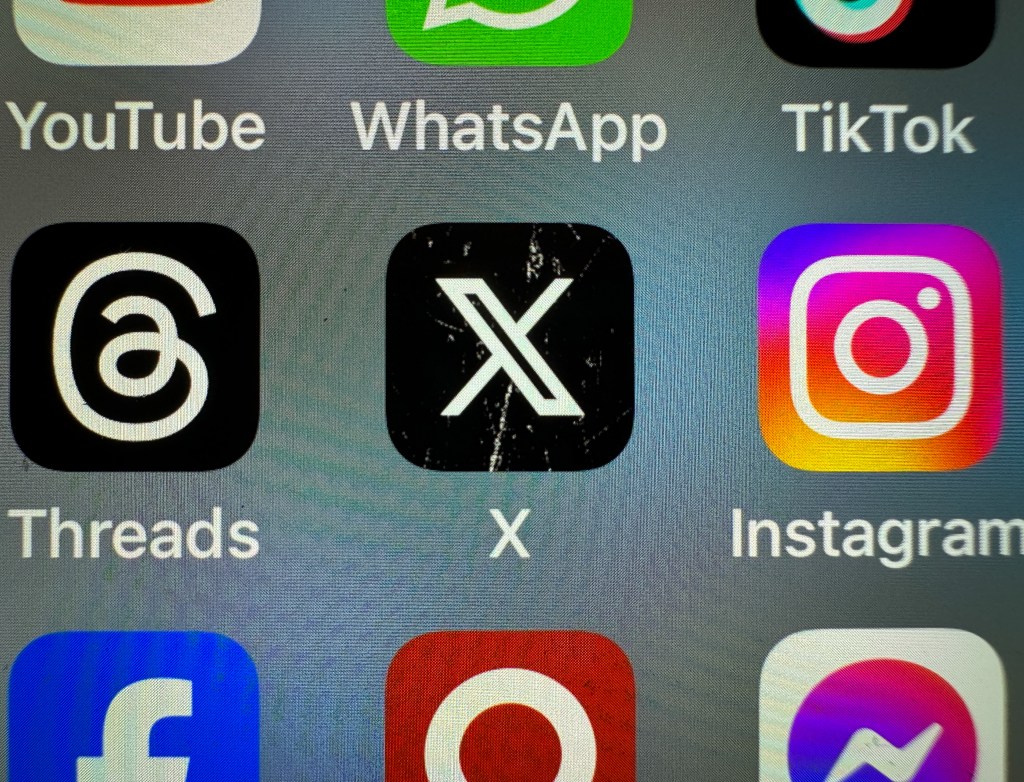On a recent episode of TechCrunch’s Equity podcast, hosts Natasha Mascarenhas and Alex Wilhelm invited Yext CFO Steve Cakebread and Latch CFO Garth Mitchell on to discuss when companies should go public, the costs and benefits of the process, and when a SPAC can make sense. Yext pursued a traditional IPO a few years back; Latch is now going public via a blank-check company combination.
The chat was more than illustrative, as we got to hear two CFOs share their views on delayed public offerings and when different types of debuts can make the most sense. While the TechCrunch crew has, at times, made light of certain SPAC-led deals, the pair argued that the transactions can make good sense.
Undergirding the conversation was Cakebread’s recent IPO-focused book, which not only posited that companies going public earlier rather than later is good for their internal operations but also because it can provide the public with a chance to participate in a company’s success.
In today’s hypercharged private markets and frothy public domain, his argument is worth considering.
What follows is the recap for those who prefer the written word, but we’ve also embedded the entire episode below.
What the CFOs say
Cakebread said he began shaping his ideas around IPOs while working at Salesforce alongside CEO Mark Benioff while they were mulling whether to take the company public.
“What we started to realize was [that] it makes you more efficient; it forces you to put systems in place; it makes you run a business as opposed to just keep getting money from people to keep growing the business,” he said. “And so from the business angle … it was always about discipline and running a business and getting going.”
As Cakebread examined other companies and served on boards, his ideas evolved. He noted that the number of listed companies on the exchanges has dropped by 50% over the last decade or so. That’s a problem.
“I would maintain wealth creation isn’t just how hard you work. But it’s an opportunity to invest in other opportunities. And when those opportunities start to shrink by 50%, we get left out as individuals,” he said.
Cakebread said the flood of unicorns going public shut out many investors, noting that when Salesforce went public at around $11 per share, it was accessible to more people.
“Most people could buy a stock, even one share at $11. When you take the company public at $100 a share, that starts to take individuals off the marketplace. So [it] was about getting back in to help create wealth in this country, for that middle class, if you will.”
Because Latch works in the real estate sector, 2020 was, as Mitchell said, “a really, really volatile year for our customers.” A SPAC just made sense as Latch experiences “a pretty sharp inflection point in demand for our products,” allowing the company to “take on those larger sums of capital, and sort of one chunk, as opposed to doing it slowly over many, many years.”
He also noted that Latch snagged an “extremely strategic SPAC sponsor,” which “changed the entire dynamic from just some free way to get public and put a bunch of money on the balance sheet. They became like a true strategic partnership, and one that we think will support the business long term. So those two factors kind of came together in a really convenient way at the end of last year and made us take this more seriously than we otherwise would have.”
The morality and efficacy of going public
Whether a SPAC or an IPO, the company is still going public, Cakebread noted — a SPAC brings “two capabilities together with a common purpose going forward.”
Mitchell said he first asked whether it made sense for Latch to go public.
“The answer was yes. Then the question became, OK, to the extent that this SPAC thing is an opportunity, who is the partner that we want to work with long term and has shared vision and alignment with our long-term plan for our customers?”
Once the going-public route made sense and Latch found a SPAC sponsor, Mitchell explained that the company prepped to go public.
“The only thing to focus on at that point was, we are taking our company public, full stop. But our team has been laser-focused on preparing ourselves to operate as a public company, which is, as Steve knows, all-encompassing. And we have not allowed a lot of that news to make us think there’s something else going on other than Latch’s preparing to become a public company.”
Alex asked about the divergent directions that greed is pushing the market, keeping some companies private while pushing others out the door. Here’s Cakebread’s take:
“I think when money’s chasing money, you don’t want to be the last guy holding the money. You want to be the chase,” said Cakebread. “It’s not helping middle-class individual investors necessarily become part of their wealth creation. … I think people have to get back to worrying about other individuals, no matter what it is, rather than just the money aggregation that they’re getting. Now, I can make a lot of money. But if I don’t do anything with it, and I sit on it, and I don’t share it with people, what’s the point? … It has to benefit the community, the workers, the employees and, yes, the investor.”
Before our conversation wrapped, Natasha asked what needs to happen for more startups to go public — and is that already underway, or are we far from a realization? Mitchell had a quick response:
“I think to the extent that the money is moving toward more liquid public investments, it will incentivize companies to go public,” Mitchell said, adding that he hopes that other companies see the benefit in preparing to go public in the way Latch did. “So maybe this is the beginning of the reversal.”


























